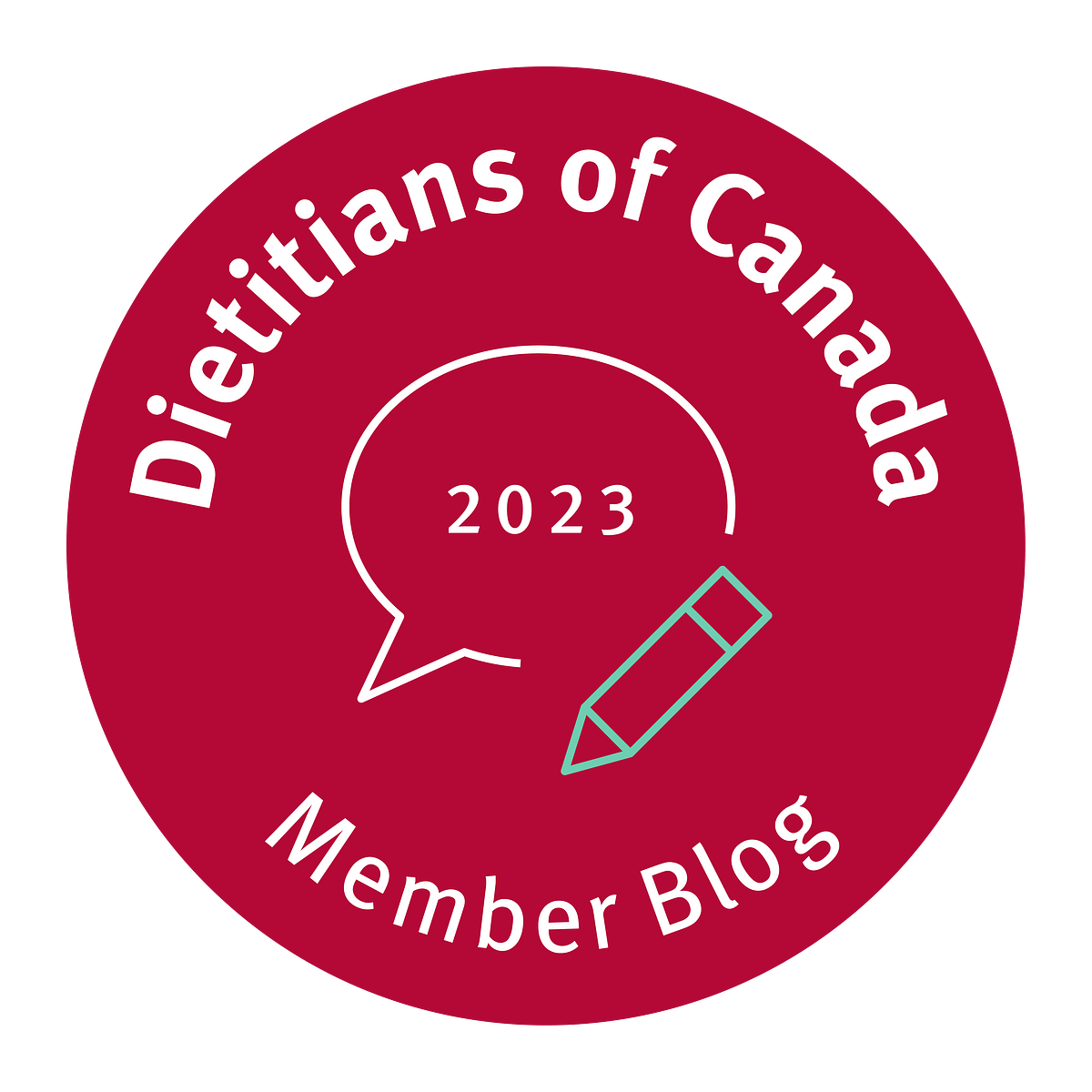
Nutrition is a relatively young science with new research constantly emerging. The recent headline about coffee and cancer is a good example of this.
Twenty-five years ago, the World Health Organization (WHO) had identified coffee as a possible carcinogen linked to bladder cancer. On June 15, 2016, the WHO updated their advice.
The WHO’s International Agency for Research on Cancer, which is an international working group of 23 scientists, reviewed 1000 scientific studies, and found that drinking coffee and maté (a tea made from the dried leaves of the yerba mate plant) is not linked to cancer. In fact, coffee may be protective against cancers of he liver and uterine endometrium.
The new findings however do see a connection between high-temperature beverages and their potential link to cancer. According to the WHO, drinking beverages (even water) that are very hot – which is defined as anything above 65°C (149°F) – is linked to a higher risk of cancer of the esophagus. It’s thought that the hot temperature scalds the delicate tissue in the esophagus. This damage may then trigger a faster turnover of the cells which in some cases can lead to out of control malignant growth.
Esophageal cancer is the eighth most common cancer worldwide with the highest incidence in Asia, South America, and East Africa where drinking very hot beverages is common. Maté is traditionally consumed at very hot temperatures (70°C). Certain countries such as China and Iran also tend to drink their teas prepared at very high temperatures, above 65°C or 70°C.
It’s likely that your favourite hot drink from the coffee/tea shop is made at very hot temperatures. Here are my tips for enjoying your hot cuppa:
– Allow your hot drink to cool down a bit before taking that first sip.
– Add some milk or cream to lower the temperature of your hot drink.
– Brew your own tea using hot but not scalding hot water.
– Stick to four cups of coffee or less (4 x 8 ounces or 4 x 250 mL) – any more will put you over your daily caffeine limit.





